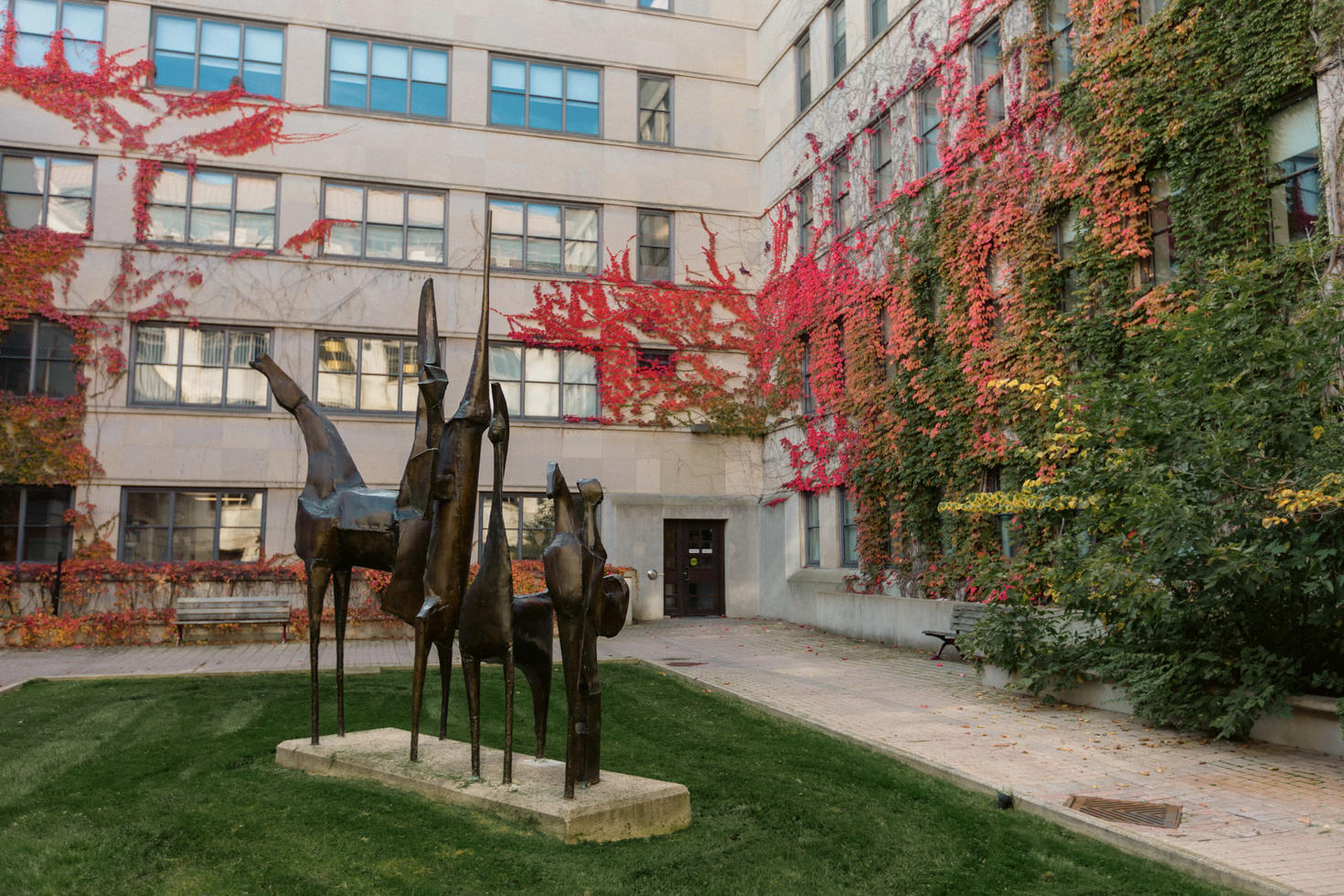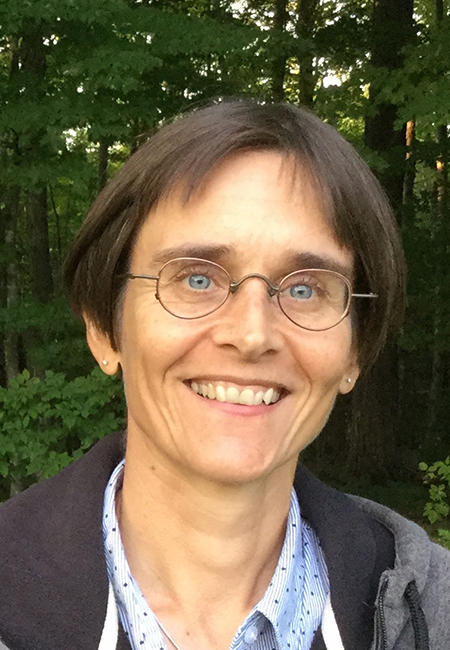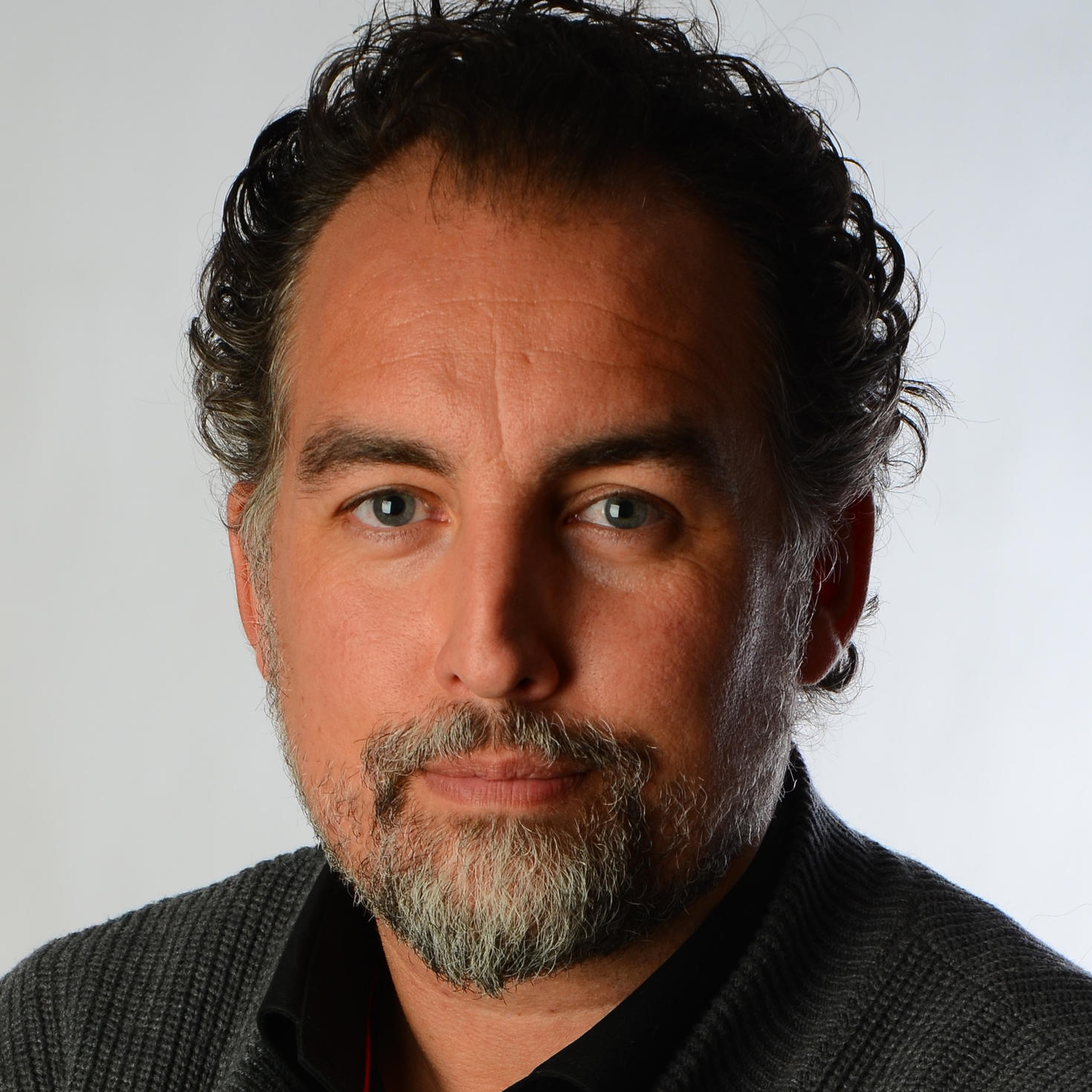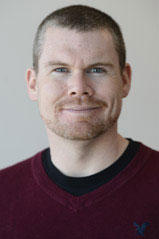
Research Chairs
Canada Research Chairs

Lori Beaman
Canada Research Chair in Religious Diversity and Social Change
In today’s complex world, how can the religious and the nonreligious live well together? This is the primary question that Dr. Lori G. Beaman, Canada Research Chair in Religious Diversity and Social Change, is exploring.
Societies are grappling with a combination of increased religious diversity, a renewed presence of religion in the public sphere, and growing numbers of people who describe themselves as having no religion. Dr. Beaman’s research examines how the increase in those identifying as nonreligious is changing the religious landscape. The potential impact of this shift is profound, yet the contours of it have yet to be fully explored.
Dr. Beaman’s work examines issues that are deeply important to policy makers—in fields from education to health to law—who are seeking ways of responding to this new “normal” and the conflict it engenders. Given Canada’s history of global leadership on human rights, multiculturalism and diversity, it is well positioned to develop strategies to support a complex future that includes both diverse religious and nonreligious populations.
Understanding the range of interactions between these groups by mapping sites of conflict and negotiation is one task of this programme of research. Another is to discover how differences are negotiated or conflict is intensified. Ultimately, this research will identify non-conflictual approaches to diversities across the religion/nonreligion spectrum.
University Research Chairs

Elizabeth Dubois
University Research Chair in Politics, Communication and Technology
With the support of the chair, Elizabeth Dubois conducts digital social research to inform public policy, promote technical solutions for online harms, and prioritize the ethical development and uses of automation, AI, and other emerging technologies. Dubois expands the existing scholarship by focusing on the social dynamics of technologies in political information environments and by offering empirical evidence to support policymakers. For example, Dubois' international project on political influencers advances theories of political communication and personal influence to guide governments and platforms as they navigate the growing use of influencer marketing. Furthermore, Dubois uses an interdisciplinary approach, drawing from communication, political science, journalism, computer science, and legal studies, to engage varied perspectives.
To educate diverse stakeholders in political communication and technology research, Dubois routinely releases knowledge mobilization resources, with a focus on policy impact and accessibility. Free workshops on research methods equip students and researchers with key skills. Additionally, the Pol Comm Tech Lab releases bilingual policy reports, such as the AI and Politics report, on its website to summarize research findings and provide policy recommendations to practitioners.
In the weekly Wonks & War Rooms Podcast, Dubois presents a political communication theory to a practitioner and asks them about their real-life application or understanding of that theory. With six seasons completed , this podcast promotes media and digital literacy by bridging gaps between practitioners, scholars, students, and other stakeholders. The podcast makes its annotated episode transcripts available in English and French, which increases accessibility.
Dubois prioritizes student professional development through mentorship and by striving for an inclusive, equitable, and diverse lab. To facilitate interdisciplinary work, lab members collaborate with computer scientists, learn various technical skills, participate in monthly readings groups, and are equipped with individualized development plans based on their interests.
Chaires de recherche sur le monde francophone

Sylvie Grosjean
International Francophonie Research Chair on Digital Health Technologies.
A researcher in the Department of Communication, Professor Grosjean is recognized for her expertise in the field of organizational and health communication. Her chair will aim to foster a better understanding of issues related to the use and design of digital health technologies, taking into account the specific challenges encountered in the francophone world. Building on the innovative co-design methodology she pioneered, Sylvie Grosjean will determine, among other things, social acceptability criteria that must integrated into the design of these technologies.
Endowed and Sponsored Research Chairs

Roman Krakovsky
Chair in Slovak History and Culture
Today, Slovakia and other Central and Eastern European countries have become focal points of resistance against political liberalism and free-market capitalism. To fully grasp the significance of this process, it is essential to examine the region comprehensively. These countries share intertwined historical experiences, particularly in times of crisis. Moreover, understanding contemporary issues requires a long-term perspective, as the roots of current trends trace back to the dawn of modernity.
The Chair actively promotes research on the history and culture of Slovakia and Central and Eastern Europe more broadly. By making this research accessible to the general public, the Chair aims to foster dialogue among scholars, professionals, and civil society, thus contributing to a deeper and more nuanced understanding of the region’s past, present, and future.
OLBI Research Chairs

Beverly Baker
OLBI Research Chair in Language Assessment Literacy
Beverly Baker is Associate Professor and Director of Language Assessment at OLBI. She works and publishes widely in the areas of second language writing, language test validation, language teacher development, multilingual assessment and language assessment competency development. She also consults widely with professional organisations and governments and has offered workshops on language assessment topics to more than 1000 teachers worldwide. In 2018, she was named Young Researcher of the Year from uOttawa's Office of the Vice President, and in 2019 received the Emerging Researcher Award from uOttawa's Faculty of Arts and the International Assessment Award from the British Council. She is currently Treasurer of the International Language Testing Association and a founding member of its Language Assessment Literacy Special Interest Group.








